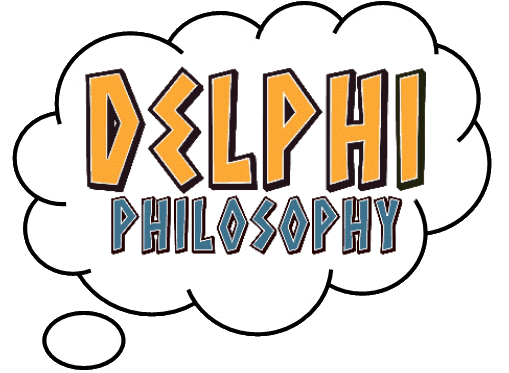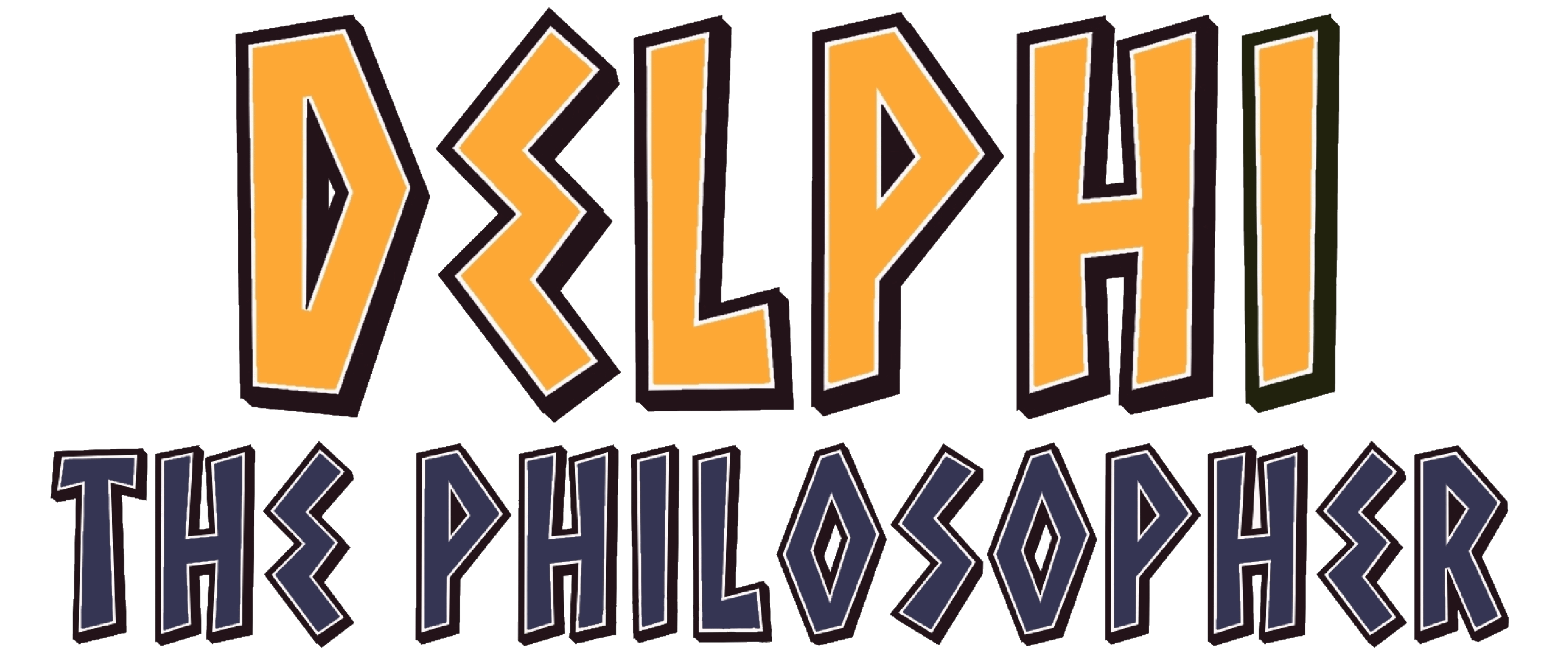“What are you… exactly?” she asked, still not sure she was in the right place.
“We are philosophers!” declared the Fat One. “We think and we explore the biggest questions of them all. Do you know philosophy, little girl?” Delphi shook her head.
“What’s… phi… phisopholy?”
Socrates is in prison - but this is Athens, and Delphi knows there's more than one big thinker in this city. However, when she tracks them down, they turn out to be nothing like she hoped. They look like people you'd cross the street to avoid and can't seem to agree on anything at all. But they do seem to ask a lot of questions...
Big Questions:
-
What is philosophy?
-
How do you ask philosophical questions?
-
What is the best way to live?
Skills focus:
-
Asking questions you can't easily answer
-
Thinking of our own philosophical questions
-
Understanding what makes a good question
Teach this lesson!
Register for free and download the lesson plan, slideshow and resources to teach this enquiry yourself.
Lesson Overview
This lesson introduces the subject of philosophy explicitly and focuses on questioning skills. The purpose of the lesson is to develop the children’s understanding of philosophy as a subject and start to develop their imaginations in terms of thinking philosophically. The children will learn what makes a philosophical question and come up with their own suggestions. The story also introduces different ideas about the best way to live, through the opinions of the different philosophers. The children will then have the opportunity to practise the skills learned so far in a short enquiry about what makes a good life.





